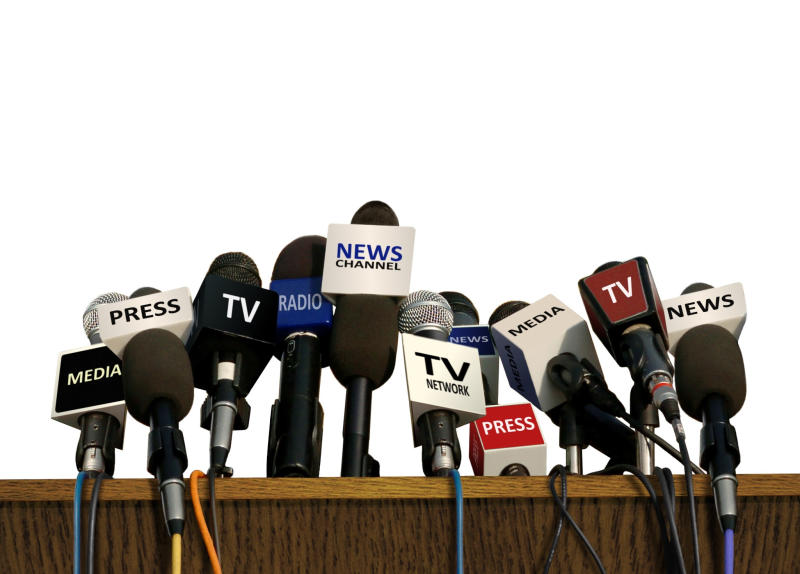×
The Standard e-Paper
Read Offline Anywhere

No! The media can do better in covering these political campaigns.
For the last three years, the country has been on campaign mode as if there is no law in the country governing when campaigns should start and end.